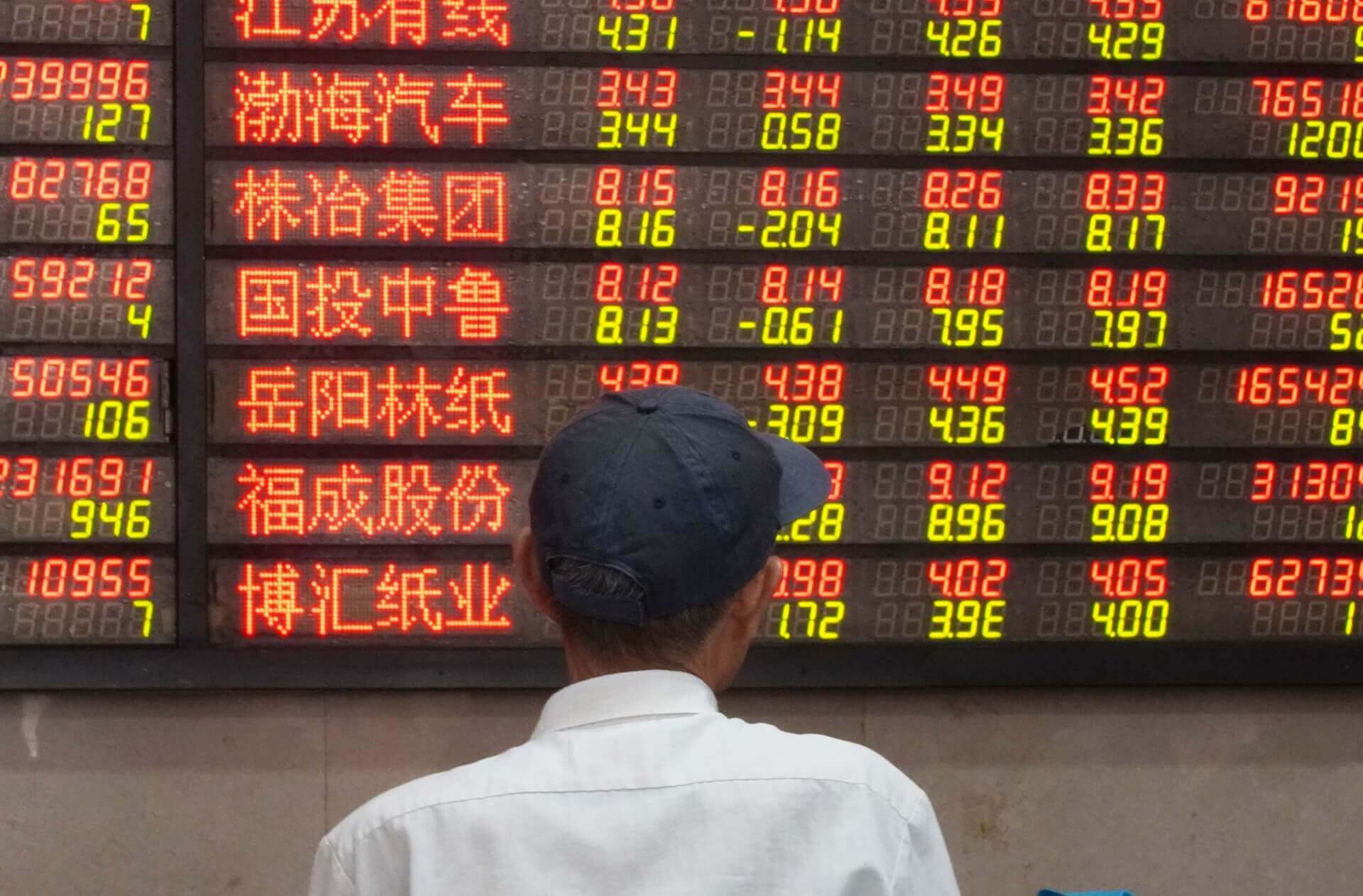China’s economy contracted by 2.6% from April-June as the country shut down megacities, such as Shanghai and parts of Beijing, to control the spread of COVID-19. The second quarter thus marked the biggest contraction since Q1 of 2020, when its GDP shrank by 6.8%. Crucially, it also marks a second consecutive quarter of negative growth, with the economy shrinking by 1.4% from January to March as well.
“Domestically, the impact of the epidemic is lingering. The risk of stagflation in the world economy is rising,” National Bureau of Statistics spokesperson Fu Linghui said on Friday. He listed “shrinking demand,” “disrupted supplies,” and growing “external uncertainties” as other reasons behind the decline.
China's GDP expanded 2.5 percent year on year in the first half of 2022, data from the National Bureau of Statistics showed Friday pic.twitter.com/BNeZ5Sy7Ur
— China Xinhua News (@XHNews) July 15, 2022
In response to the worrying numbers, the country’s Premier Li Keqiang put out a statement assuring citizens of an economic recovery. He called “for efforts to bring the economy back on normal track as soon as possible and keep it running in a reasonable range.” “The foundation for recovery is still unstable and requires more arduous efforts to prop up the economic fundamentals,” he added.
He reasoned that “China’s economic development went through “extremely rare” circumstances in the second quarter of this year, with unexpected factors, such as ‘imported inflation,’ triggering severe shocks.”
#China growth crashes, putting GDP target out of reach. GDP disappoints as growth weakens to 0.4% in Q2, slowest since Pandemic and way below forecast of 1.2%. That means Beijing will likely miss its goal of ~5.5% growth for the full year by a wide margin. https://t.co/RRAB2ykDat pic.twitter.com/NZgitEnELn
— Holger Zschaepitz (@Schuldensuehner) July 15, 2022
Li went on to suggest that “the country should safeguard the employment of college graduates and migrant workers,” “rectify all types of discriminatory practices against jobseekers,” and “create more jobs through market-based means.”
He also called for an increase in autumn grain production and in the supply of coal-powered electricity to ‘stabilise’ food and energy prices.
In order to control the rising cases, China has pushed its citizens to follow stringent zero-COVID policies and prolonged lockdowns in the early part of the year. Despite more than 80% of the population being vaccinated, authorities have been mass testing at regular intervals. The strategy involves restrictions on social gatherings and bringing home Chinese citizens from abroad, cancelling the visas of all foreign nationals, and, when necessary, stringent stay-at-home orders. The policies have been met with concern internationally, with scientists believing that the policies may not work and will only further strain locals.
#China #GDP growth grew 2.5% YoY in Q2. Quarterly GDP growth was 0.4%, still positive but by no means enough to counter the global slowdown/#recession. pic.twitter.com/SLtLVTMe6l
— jeroen blokland (@jsblokland) July 15, 2022
Although offices and other economic activity were allowed to reopen in May, economists cited by AP say it could be months until economic activity returns to normal levels, adding that China’s trading partners will also bear the brunt of the impact of shipping disruptions for a few more months.
Moreover, economists cited by AFP suggest that China’s official growth figures are “massaged for political purposes,” indicating that the true situation could be much worse.

